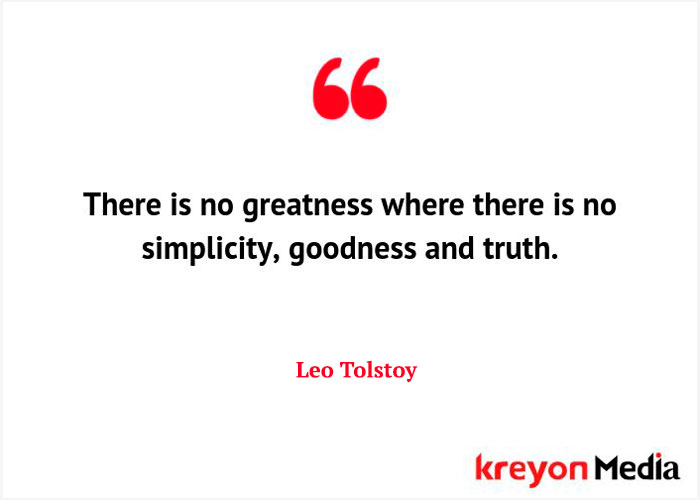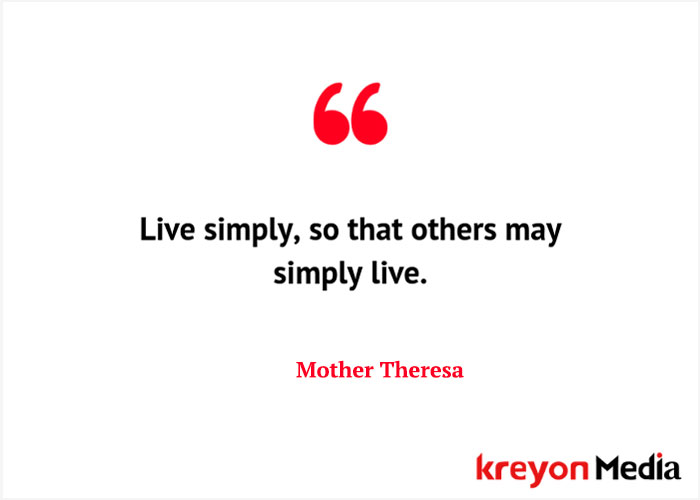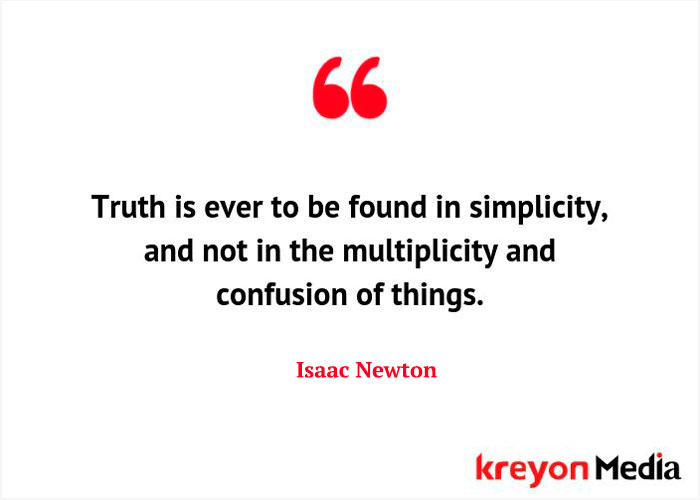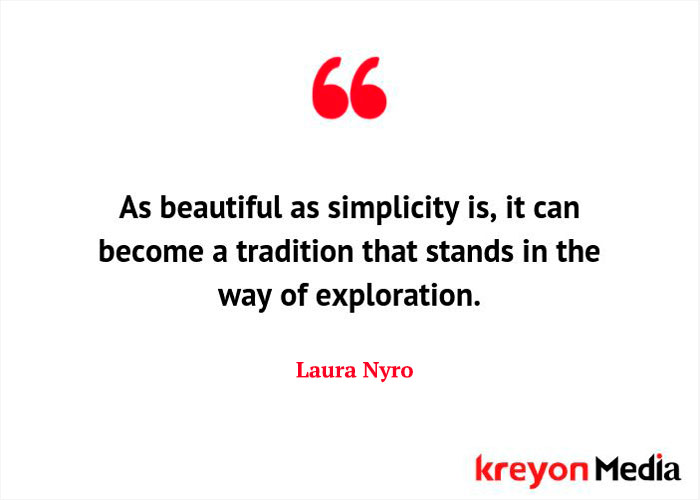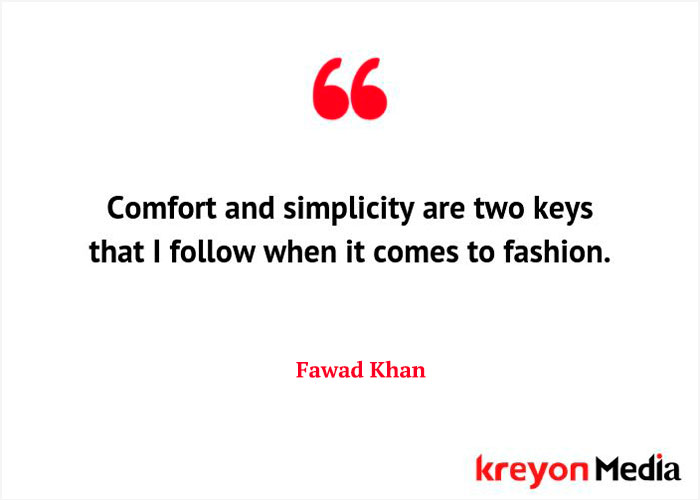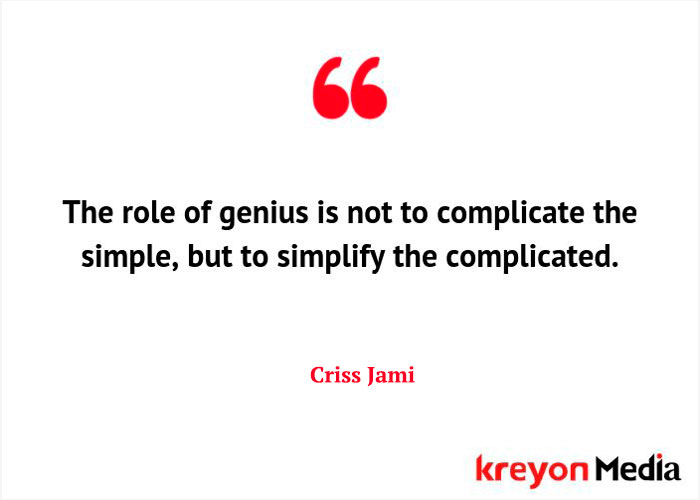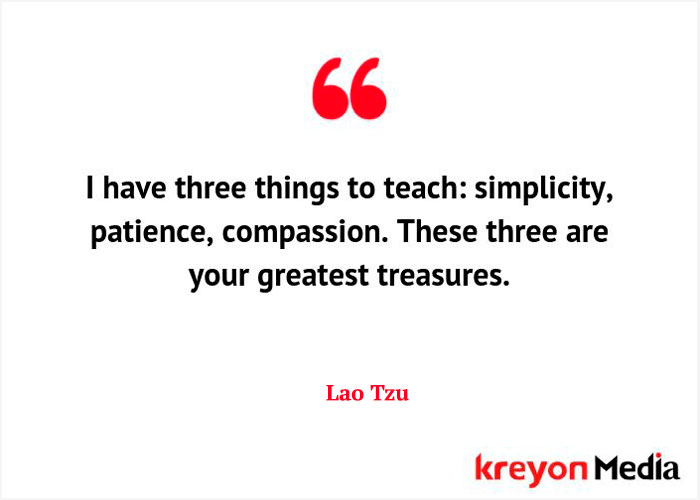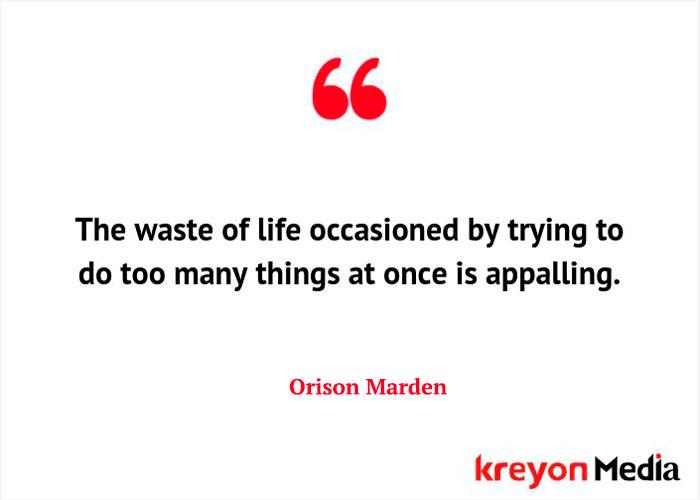Here’s How Startups Can build a Great Company Culture

Every company wants to build a culture of high performance, productivity and maximum impact. A company’s culture goes a long way in creating and building it.
How a team communicates, interacts and works can shape fortunes of a business. When teams are powered with a great mission, connected, focused & trust each other, they can do miracles.
Entrepreneurs and businesses need to shape their culture purposefully, else it takes an unbidden route. The spirit and attitude of teams go a long way in creating amazing results. Great culture creates an environment where people do incredible things with impact.
According to Trupath, 64% of employees feel like they don’t have a strong work culture. This is worrying. Startups need to inculcate the right values and create an ambience for employees to do the best work of their lives. Here we look at some of the ways to build a great company culture.
1. Prioritise your Employees

Employees are the greatest assets for most businesses. A company needs to create ways to connect, engage and help its employees to excel in their roles.
Companies with great culture make employees accountable, but give them leeway to fail and learn. The team always take precedence over individuals. Supporting others, honest and transparent communication is encouraged.
Hire people that fit your culture and add value. When employees are given autonomy, flexibility and take pride in their work, amazing things are round the corner.
2. Be Clear and Purposeful
“Pursue something so important that even if you fail, the world is better off with you having tried.”
Tim O’Reilly
When your team understands your company’s mission, they will strive with greater enthusiasm than you can imagine.
Great companies build a culture of trust, transparency and openness. The challenge for startups is to build something remarkable and valuable for the customers. They cannot afford to be mediocre.
When employees feel connected to the company mission and vision, they can do outstanding things.
3. Data Versus Ego

The strongest company cultures are driven by data not ego.
Startups need to inculcate a spirit of action and results. They need to build highly effective systems for communicating news, organisation changes, goals, and successes throughout the company.
A great company takes a data centric approach to making the best decisions. It provides ways to solicit feedback and encourage communication. It doesn’t work on egos, but evaluates the best approach on getting things done.
4. Work Environment
Communicate your values to build the work environment you want. Great companies are built on core values. The employees must embrace the core values of a company to build and take it to great heights. Some of these values are:
i) Being Passionate about What You Do:
Your work environment should be inspiring. When you have people who are passionate about their work, they create a high energy workplace.
ii) Learn fast and adapt Faster
You need to learn fast in the fast paced world or you will get left behind. There is no way you can maintain status quo, you have to adapt and embrace changes to excel in the digital age today.
iii) Help others
People make mistakes and that is part of learning. Helping and supporting each other makes accomplishing things easier for everyone.

iv) Customer first
Customer is the lynchpin of a business. If you cannot serve the customer well, the customer will go to someone else.
v) Be humble
There is always someone more skilled, intelligent and capable than you are. You don’t know everything, stay grounded to grow.
vi) Bad news
Never hide the bad news. Things go wrong, but get worse when they are not reported. Open communication means admitting mistakes and working on finding the best solutions.
A great work environment is the breeding ground for doing things that create a huge impact. Human potential can be best channelised by aspiring for greatness.
5. Grow People

A thriving company culture grows people and elevates them.
What you build, eventually builds you. When people are striving to do the best work they can, they grow and prosper in their careers too.
When every person in the company has clarity on how they can contribute, they can achieve their goals and do remarkable things together. These organisations make it easy for people to take responsibility, contribute and do rewarding work.
6. Speed & Quality
A culture is shaped by the results the company produces. If the company doesn’t build quality solutions, it will not survive. If the company builds things too slowly, it will get outcompeted.
The startups need to focus on quality and speed. When you offer solutions that are below the market standards, you will have no adopters.
A great company culture pushes for excellence. It doesn’t value time spent in office, but the results produced during those hours.
7. Have Fun

A little fun can make people relax and enjoy their time in the company. Whether it is by organising fun events, trips outings or even work related gatherings like hackathons, great companies seize them.
A study by economists at Warwick university found “happiness led to a 12% spike in productivity, while unhappy workers proved 10% less productive.”More reasons why your company should plan fun activities for the team.
Conclusion:
Culture is not something that can be frozen. It changes with time and needs work. The greatest companies are built with cultures that help them nurture talent to produce world changing things.























